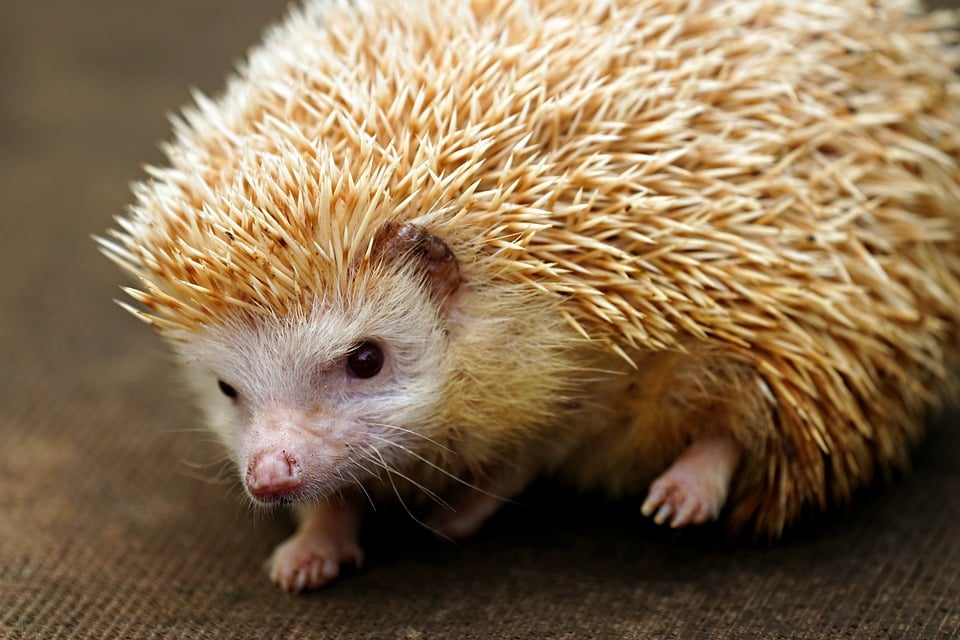[ad_1]
In a world where science and reason reign supreme, superstitions and rituals continue to hold a powerful sway over human behavior. From avoiding black cats to knocking on wood for good luck, these irrational beliefs have persisted across cultures and generations. But what drives us to hold onto these superstitions? What is the evolutionary origin of these seemingly irrational beliefs? In this article, we will delve into the fascinating world of superstitions and rituals, exploring their historical context, current state, and future predictions.
Historical Context: From Ancient Practices to Modern Beliefs
Superstitions and rituals have been an integral part of human societies since ancient times. The earliest recorded superstitions date back to the era of ancient civilizations such as the Egyptians, Greeks, and Romans. These societies believed in various superstitions to explain natural phenomena and ensure good fortune. For example, the ancient Egyptians believed in the power of amulets to ward off evil spirits, while the Greeks performed rituals to appease the gods.
As societies evolved, superstitions and rituals remained prevalent, adapting to the changing times. The medieval period saw the rise of superstitions surrounding witchcraft and the supernatural, leading to widespread fears and persecution. In more recent times, superstitions have taken on new forms, with beliefs in luck, fate, and charms shaping everyday decisions.
Current State: The Psychology Behind Superstitions
Psychologists have long been fascinated by the underlying mechanisms that drive superstitions. One popular theory is that superstitions provide a sense of control in an unpredictable world. By engaging in rituals or holding onto lucky charms, individuals believe they can influence the outcome of events, even if rationally they know it is not true. This sense of control can be comforting in times of uncertainty or anxiety.
Another psychological explanation for superstitions is the concept of confirmation bias. People tend to notice and remember events that confirm their beliefs, while dismissing or forgetting those that contradict them. This selective attention reinforces superstitions, leading individuals to see patterns where none exist.
The Science of Superstitions: Neurological and Evolutionary Perspectives
Recent advances in neuroscience have shed light on the brain mechanisms underlying superstitions. Studies have shown that engaging in superstitious behaviors activates the brain’s reward center, releasing dopamine and reinforcing the behavior. This neurobiological response may explain why superstitions are so hard to shake, even in the face of contradictory evidence.
From an evolutionary perspective, superstitions may have provided an adaptive advantage to our ancestors. Beliefs in lucky charms or rituals could have promoted social cohesion, increased confidence, and reduced anxiety in high-stress situations. Over time, these beliefs became ingrained in human societies, passed down through generations as cultural traditions.
The Future of Superstitions: Challenges and Opportunities
In today’s fast-paced world, superstitions and rituals face new challenges. With the rise of science and technology, many traditional beliefs are being debunked or replaced by rational explanations. However, superstitions continue to thrive in various forms, from sports fans wearing lucky jerseys to investors following stock market trends based on superstitions.
As we look to the future, it is essential to understand the role of superstitions in shaping human behavior and society. By acknowledging the evolutionary origins of these beliefs, we can gain insights into how they influence our decisions, perceptions, and interactions. By studying superstitions from a scientific perspective, we can unravel the mysteries of the human mind and explore new avenues for research and exploration.
Conclusion
In conclusion, superstitions and rituals have a deep-rooted history in human society, shaped by evolution, psychology, and culture. While irrational beliefs may seem out of place in a rational world, they continue to hold sway over our thoughts and actions. By exploring the evolutionary origins of superstitions, we can gain a better understanding of their impact on our lives and society.
As we move forward into an uncertain future, let us not dismiss superstitions as mere folly, but rather as complex phenomena that reveal the intricacies of human nature. By embracing this complexity, we can learn to appreciate the richness of human beliefs and behaviors, and perhaps even find a bit of luck along the way.
Thank you for joining us on this exploration of superstitions and rituals. For further reading on this topic, we recommend diving into the works of leading psychologists, neuroscientists, and anthropologists who continue to unravel the mysteries of irrational beliefs. Stay curious, stay open-minded, and who knows what insights you may uncover in the world of superstitions.
[ad_2]
